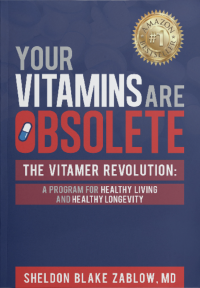Why Child Psychiatry
I was a hyperactive child and my parents took full advantage of the local YMCA in Norfolk to keep me busy and engaged while they worked. Through the Y, I was instructed in all kinds of physical activities, enabling me to develop athletic abilities, discipline, and, eventually, teaching skills. I started swimming classes at 6 years. By twelve, I was assisting the instructors and later got certified as a lifeguard. I started judo lessons at 10, swimming in the morning and participating in judo competitions in the afternoon. This regimen occupied my weekends and summers. I used my judo training to qualify for the Granby High wrestling team, under the tutelage of one of the top high school wrestling coaches in the country. I knew if I wrestled for Coach Billy Martin, Sr., and kept my grades up, a wrestling scholarship would allow me to attend the college of my choice. I was an All-American wrestler and was offered admission to focus on pre-med studies at the University of Virginia. I won the ACC wrestling championship and qualified for the Nationals my freshman year but was injured the next year and had to stop.
I studied science to learn how the world works, then medicine at UVA to understand how the body works, That led to psychiatry to understand how the mind worked, and then child psychiatry to fully understand childhood challenges how to ease their struggles.
I have spent the past 40 years working with adults and children a great majority of which were military families. The children were often anxious and depressed from mistreatment or the struggle to overcome physical disabilities, autism, attention deficits, loss, or the challenge of socializing.
Child psychiatry is a medical specialty, unlike others. Evaluating and treating a child at the very origin of their psychological challenge has a significant impact on their emotional wellbeing for the rest of their lives. Through a ripple effect, the positive benefits of treatment extend out to their families, friends, future spouses, children, and grandchildren. Helping one helps many. I still receive cards from adults I treated as children, who now brag about their own children.
My professors taught me a lot, but my patients have taught me so much more. The privilege of being a part of their lives has assured me life's struggles are universal and with the support of others, any storm can be weathered.
